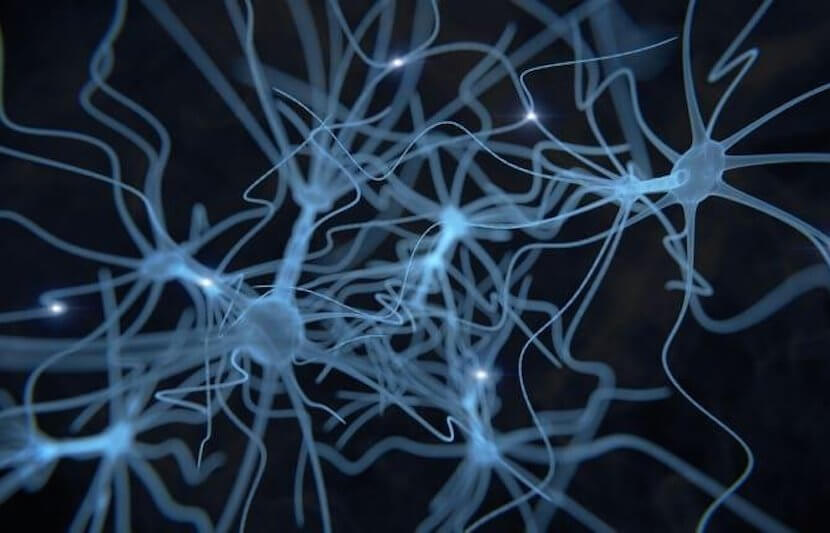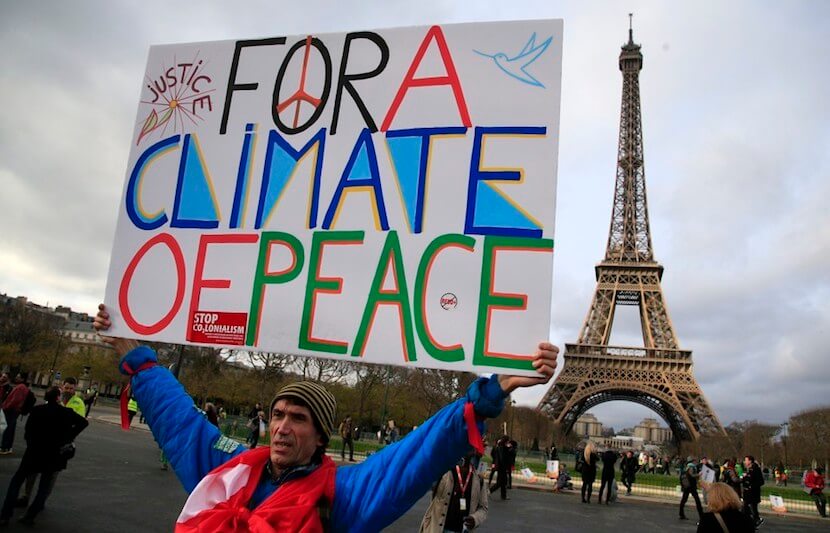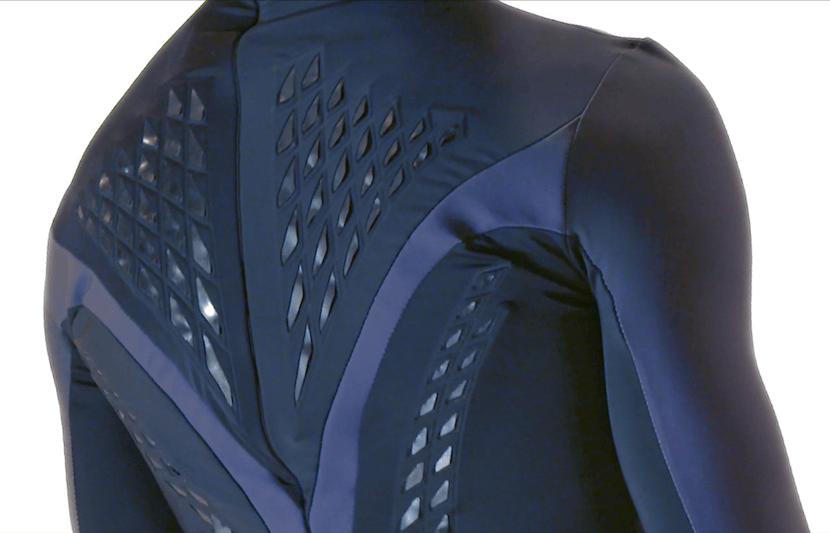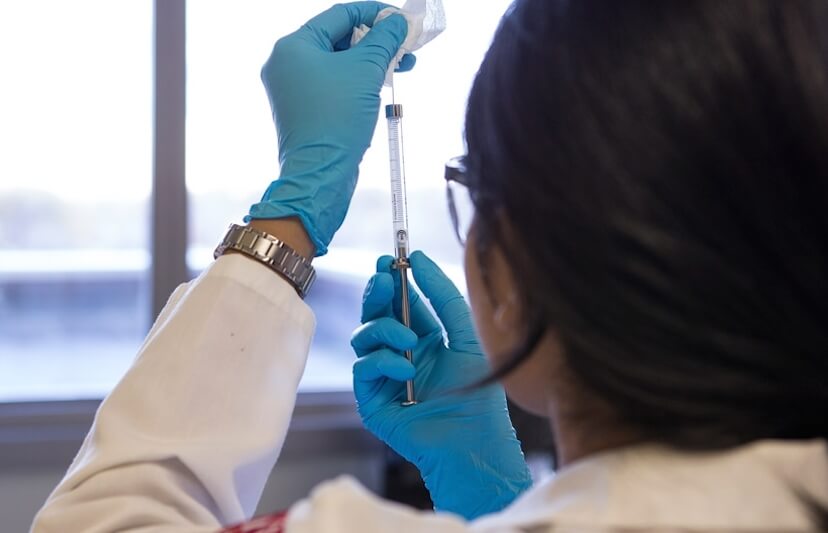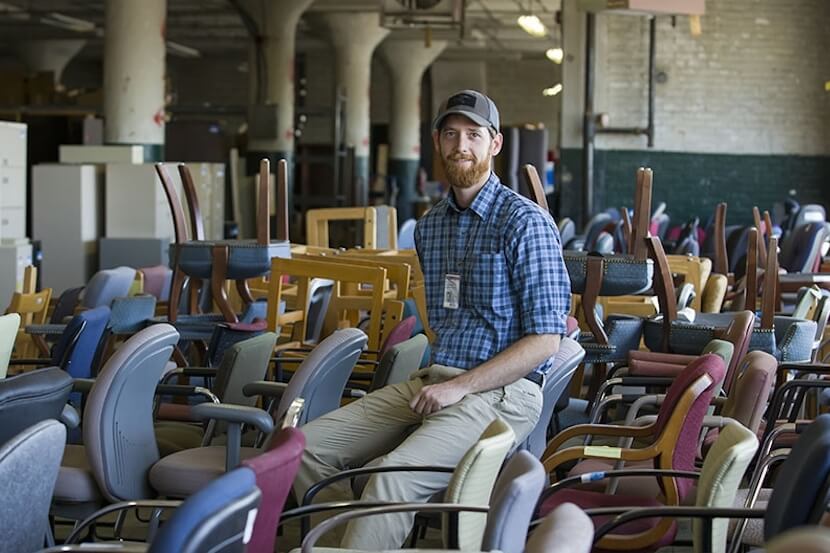-
University of Minnesota Researchers Take an Engineering Approach to Prevent Cancer From Spreading
University of Minnesota researchers recently discovered that the movement of cancer cells is dependent on their ability to sense the condition of their environment. The research was led by David Odde, a biomedical engineering professor at the University of Minnesota and Masonic Cancer Center researcher. The discovery could be the major breakthrough that everyone is… Read More
-
Rice University’s New Formula Will Help Prevent Flooding of the Yellow River
Two geologists at Rice University, Hongbo Ma and Jeffrey Nittrouer, have developed a formulaic system to predict and mitigate the frequent flooding of the Yellow River, or Huanghe in Chinese. Ma is a postdoctoral researcher from China who joined Rice University in 2014. The Huanghe is the third longest river in Asia and one of… Read More
-
Universities Affirm Their Commitment to the Paris Agreement
Despite President Trump’s decision to remove the U.S. from the Paris accord, 1,219 U.S. colleges, universities, governors, mayors, businesses, and investors have proclaimed: “We Are Still In.” That number already includes 183 colleges and universities, which is not a surprise, since colleges and institutions have been on the forefront of research and development in the… Read More
-
Do You Know Your Ecological Footprint? Penn State Students Will Soon Learn Their “PawPrint”
What is your ecological footprint? First-year students at University Park, Penn State University’s largest campus, will be measuring their ecological footprint with the help of the PawPrint, a student-centered metric created by Andrew Lau, associate professor of engineering design at Penn State. Lau brought the PawPrint project to Penn State’s Sustainability Institute’s Reinvention Fund,… Read More
-
University of Texas Researchers Develop More Powerful and Long-lasting Battery
Researchers at the University of Texas have developed the first all-solid-state battery cells, capable of storing five times as much power as the current lithium-ion battery. Leading this research is John Goodenough, co-inventor of the lithium-ion battery and professor at the Cockrell School of Engineering at The University of Texas, Austin. Goodenough partnered with Maria… Read More
-
Armstrong State University’s Aquaponics Research Center Grows Fish and Plants Sustainably
Researchers at Armstrong State University have developed an aquaponics research facility that could serve as a model for economic and environmental sustainability. Aquaponics, in short, is a way to grow fish and plants together in a self-sustaining system. It combines hydroponics, which is the growth of plants in water, with aquaculture, which is the raising… Read More
-
Penn State’s New Technology Could Satisfy Over 40% Global Energy Demands
A team of researchers at Penn State University have created a new technology to generate energy where seawater and freshwater meet, which could satisfy over 40 percent of global energy demands. The research was led by Christopher Gorski, assistant professor in environmental engineering at Penn State. TUN spoke with Gorski to gain further insight on the research.… Read More
-
University of Minnesota Student-Led Food Pantry Plants Organic Garden
According to the 2015 Boynton Student Health Survey, about 10.2% of University of Minnesota students reported that, within the past 12 months, they had run out of food and didn’t have the money to buy more food. Over the same period, 17.5% percent of the university’s students worried about their food running out before they… Read More
-
Trump Pulls Out of the Paris Accord: What Does This Mean for University Climate Research and Activism?
After much controversy and speculation, President Trump has decided to withdraw the U.S. from the Paris climate agreement, as of today June 1, 2017. In an announcement, Trump stated that he decided to withdraw from the agreement because he deemed it unfair to the U.S., but he indicated that he would be willing to negotiate… Read More
-
No More Sweat During Exercise: MIT Researchers Develop Self-Ventilating Workout Suit
A team of researchers at the MIT Media Lab have developed an unconventional way to keep you cool on long sweaty runs, bike rides, or trips to the gym. The researchers constructed a latex workout suit with ventilating flaps, triggered by an athlete’s sweat and body temperature. The flaps are coated with microbial cells, which… Read More
-
College Degrees Are Worth the Rising Costs
With tuition and room and board, the average annual costs for a public four-year college in the U.S. has shot up to a crushing $20,090. As of 2017, the U.S. student loan debt has risen to a record high $1.44 trillion. With the crippling student debt load and skyrocketing tuition rates, students and parents, alike,… Read More
-
MIT Researchers Thwart Online Identity Theft by Piggybacking onto Bitcoin
MIT researchers have designed a solution to prevent online identity theft, using bitcoin blockchain technology. The system is called Catena, and the researchers are Alin Tomescu, a graduate student in electrical engineering and computer science and first author on the paper, and his thesis advisor Srini Devadas, the Edwin Sibley Webster Professor of Electrical Engineering… Read More
-
Shades of Harry Potter: University of Surrey Professor Wins Award to Develop Paper That Can Interact with Readers
Anyone who’s watched a Harry Potter movie can immediately recall scenes where portraits hung on the walls of Hogwarts started talking and moving around. Yes, that’s just a movie, but it will happen in real life if Professor David Frohlich has anything to do with it. Frohlich is the director of Digital World Research Center… Read More
-
Temple University Researchers Remove HIV From Infected Cells Through Gene Editing Technology
A team of scientists from the Lewis Katz School of Medicine at Temple University has developed a method to extract HIV DNA from the cells of living animals. With the team’s revolutionary and successful testing, the permanent cure for HIV may finally be within reach. The team used CRISPR/Cas-9, a gene editing technology, to eliminate… Read More
-
Temple University Helps the Cause of Sustainability with Surplus Program
In 2014, Americans generated about 258 million tons of municipal solid waste, which is defined by the U.S. Environmental Protection Agency to exclude industrial, hazardous and construction waste. That translates to each person producing 4.4 pounds of trash per day. That’s a lot of trash! More than half of the trash generated is either incinerated… Read More
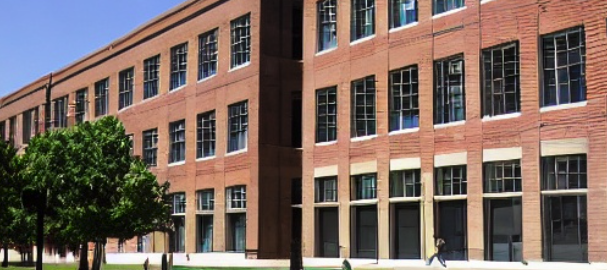
Student News
-
Universities Affirm Their Commitment to the Paris Agreement
Despite President Trump’s decision to remove the U.S. from the Paris accord, 1,219 U.S. colleges, universities, governors, mayors, businesses, and investors have proclaimed: “We Are Still In.” That number already includes 183 colleges and universities, which is not a surprise, since colleges and institutions have been on the forefront of research and development in the… Read More
-
College Degrees Are Worth the Rising Costs
With tuition and room and board, the average annual costs for a public four-year college in the U.S. has shot up to a crushing $20,090. As of 2017, the U.S. student loan debt has risen to a record high $1.44 trillion. With the crippling student debt load and skyrocketing tuition rates, students and parents, alike,… Read More

